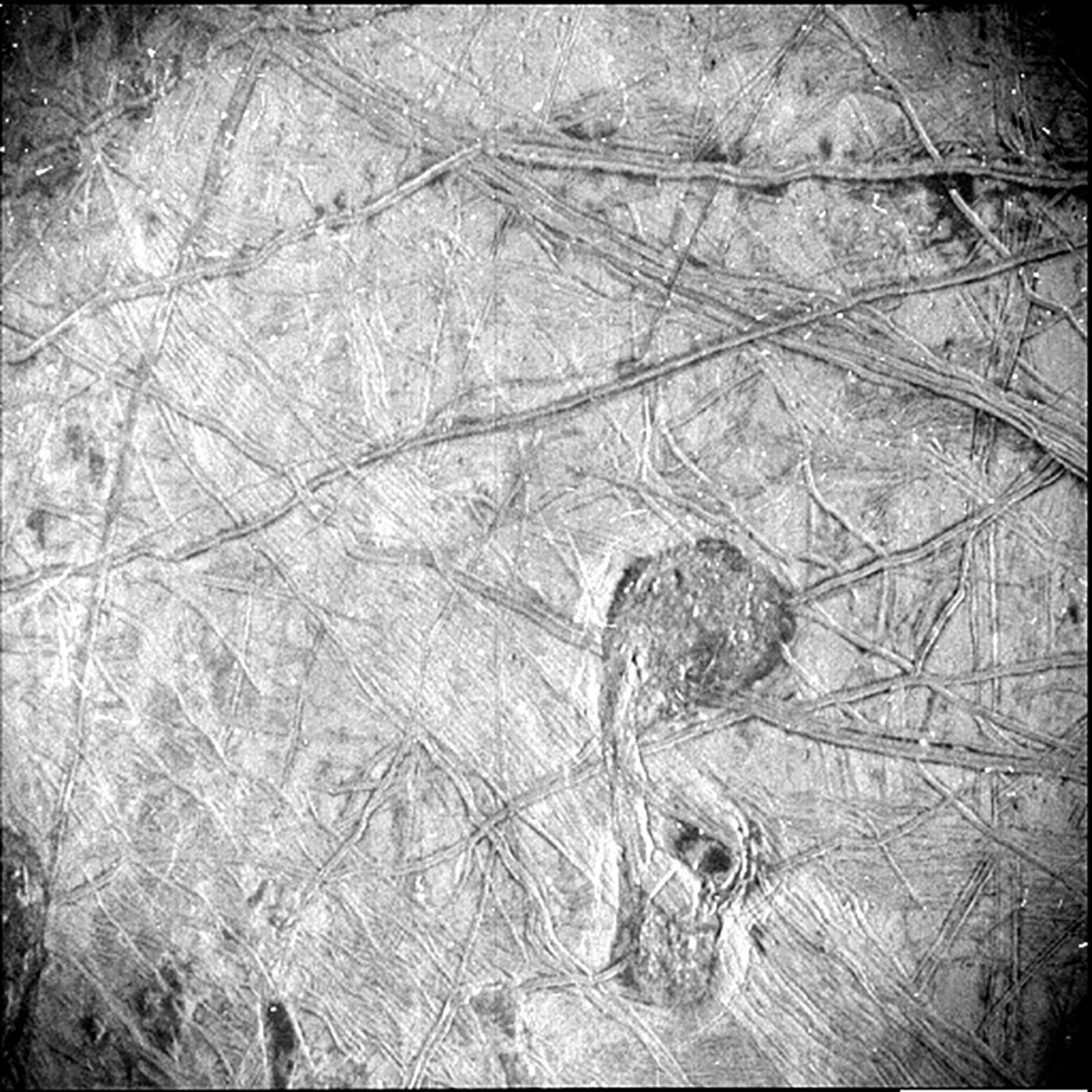One of the most exciting missions of the past decade, NASA’s Juno mission, has helped us learn more about our solar system’s gas giant, Jupiter, and the moons that surround it. Now, new data gathered by the little space probe could help us better understand Europa’s oxygen levels, as well as how habitable the moon could be.
A prevailing theory that has popped up in the past couple of years is that Jupiter’s ice-covered moon, Europa, could actually be habitable. It’s an interesting proposition that has helped spur more study of the moon and made it a popular candidate for the ongoing search for signs of alien life.
Now, though, new data seems to indicate that we’ve had it all wrong. Europa’s actually severely lacking when it comes to oxygen, which means it’s actually a really poor candidate for sustaining any kind of alien life.

Researchers discovered this new revelation using data from Juno’s 2022 flyby of the Jovian moon. Calculations made using that data show that Europa likely only produces around 26 pounds (12 kg) of oxygen per second. This is a far cry from previous estimations that Europa generates 2,205 pounds (1,000 kg) of oxygen per second.
At just 26 pounds of oxygen per second, Europa would only generate a “trickle” of oxygen instead of the torrential release that some scientists estimated (via Scientific American). At that small of a production rate, it’s much more unlikely that Europa could harbor any kind of alien life on its surface.
But some scientists aren’t ready to give up just yet. They say that just because Europa’s oxygen levels aren’t as high as hoped doesn’t mean that there isn’t some type of habitability here. Unfortunately, Juno doesn’t have any plans to pass close to the icy moon again.
However, NASA’s upcoming Europa Clipper mission will take a closer look at the moon in 2030 to help determine if the conditions there are more or less suitable for life. For now, this discovery is a bit of a setback for some. But it doesn’t mean that all hope of life on Europa has been completely eliminated.
